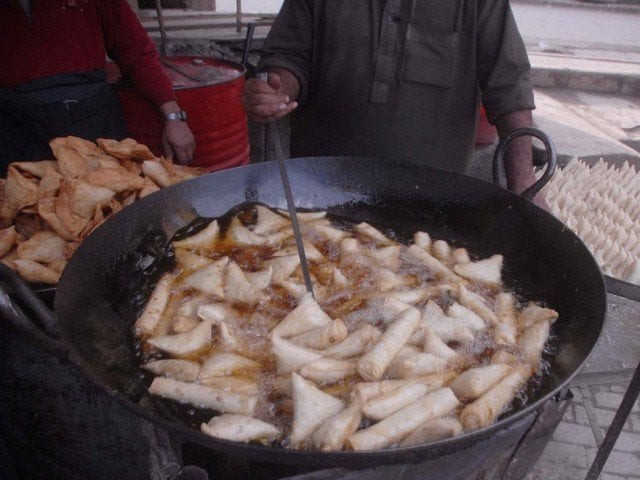Food quality: PFA develops grading system for eateries
Restaurants asked to undertake self-assessment based on the scale uploaded on the authority’s website

Restaurants asked to undertake self-assessment based on the scale uploaded on the authority’s website. PHOTO: NNI
The scale divides eateries into A, B, C, and D categories based on their score in the range of 60 and 100. Category A restaurants will have a score of 90 or above. Their food will be certified by the PFA as having zero risk associated with it. The food served at eateries in Category B (a score of 80 to 89) will be certified as carrying negligible risk. Food at Category C eateries with a score between 70 and 79 will be medium risk and Category D with a score between 60 and 69 points low risk.
The PFA will seal all eateries with a score below 60 (high risk category). The guidelines available at the PFA website say that such eateries will be sealed for a week. Meanwhile, the owners can improve their score on the PFA scale and get their outlets de-sealed after an inspection at the end of the week.
The grading system also includes negative marking. A restaurant can lose up to 55 points for violation of various PFA directives.
The grading system will also be used to develop a schedule for inspection of restaurants. The guidelines say that Category A eateries will be inspected every three months, Category B every two months, Category C every month and Category D every fortnight.
Out of 100 points in the checklist, 25 each will be for food quality and kitchen sanitation. In food quality, there are 10 points for good quality oil and ghee; five points each for good quality meat, poultry or fish; good quality spices, ketchup and mayonnaise; and good quality vegetable and pulses. Restaurants will lose 15 points if they are found using expired ingredients.
In kitchen sanitation, there will be five points each for efficient drainage and a safe distance from toilets; proper cover on food items; separate storage of cooked and uncooked items; clean utensils; clean premises, proper ventilation and lighting. Kitchens where PFA teams find flies, insects, cats or rodents during inspections will lose 15 points.
Of the remaining 50 points, 20 will be for employee hygiene, 15 each for clean toilets and dining area. In employee hygiene section, there will be five points each for use of head and beard covers; properly cut hair and nails; no rings and cuts on hands; and use of clean clothes. Restaurants will lose five points if they cannot produce medical certificates for employees (about infectious diseases, HIV and hepatitis).
In the toilet cleanliness section, there will be seven points for ample tap water supply; five for general cleanliness and absence of stagnant water; and three for sufficient number of toilets. Absence of soap for hand washing will lead to a loss of 10 points.
In dining area cleanliness, there will be five points each for cleanliness of the premises (floors, walls and ceilings); cleanliness of furniture (tables and chairs); and proper ventilations and lighting. Restaurants where PFA teams find flies, insects, cats, and rodents in the dining area will lose 10 points.
Published in The Express Tribune, September 7th, 2015.



















COMMENTS
Comments are moderated and generally will be posted if they are on-topic and not abusive.
For more information, please see our Comments FAQ